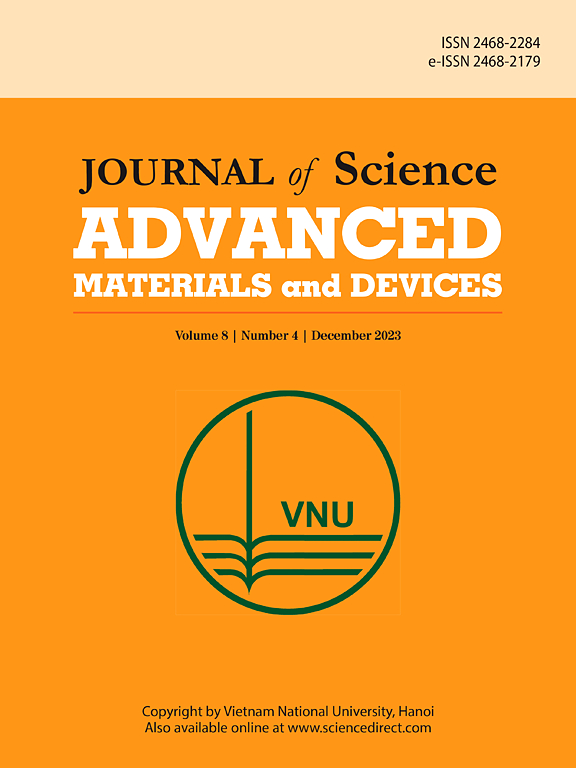Expanding the applications of the wear-resistant titanium aluminum nitride thin-film to include temperature sensing
Abstract
This study investigates an approach to temperature sensing by integrating Titanium Aluminum Nitride (TiAlN), originally engineered for wear and corrosion applications, as a temperature sensor within a multilayered thin film system. A nitride multilayer system was developed by physical vapor deposition (PVD) using a single four-target magnetron sputtering chamber; intermediate vacuum interruption steps were employed for masking procedures. The multilayer architecture design aimed to provide the sensor layer with mechanical protection and electrical shielding. Structural and electrical characterization of the TiAlN single layer revealed semiconductor behavior and stable electrical resistance up to 750 °C, with minimal signal stabilization requirements. Despite the higher Al content, the TiAlN temperature sensor exhibited a cubic crystal structure characterized by diffuse nanolayers, resulting from a two-fold rotational deposition and target configuration. A detailed examination of the multilayer system cross-section containing the TiAlN sensor was conducted using scanning transmission electron microscopy (STEM). The analysis revealed its columnar morphology with the presence of typical PVD growth defects, including voids and droplets. While the presence of these defects may impact the electrical characteristics of the sensor, the selected experimental conditions effectively maintained the structural integrity of the multilayer system despite the vacuum interruptions caused by masking procedures. Validation experiments confirmed the functionality of the multilayer system for temperature measurements up to 400 °C. The signal acquisition system addressed room temperature resistance variations and low sensitivity (thermistor coefficient ∼100 K), resulting in a measured error of approximately 6%. This study demonstrates promising results of TiAlN as a temperature sensor within a multilayered system, expanding its range of potential applications.

 求助内容:
求助内容: 应助结果提醒方式:
应助结果提醒方式:


